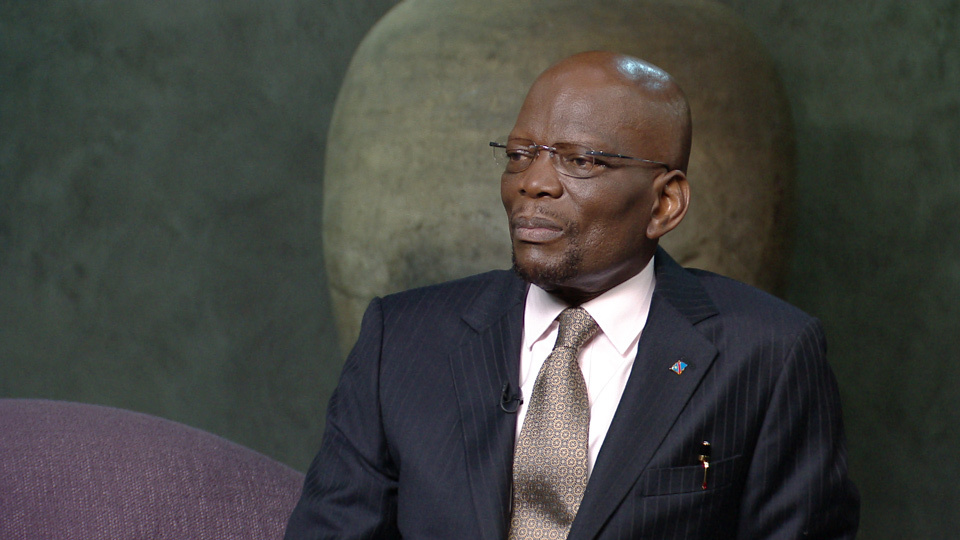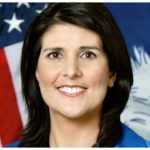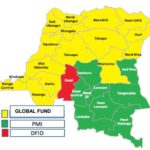Elections in the Democratic Republic of Congo (DRC) slated for December next year are estimated to cost about a billion dollars, a senior government official has said.
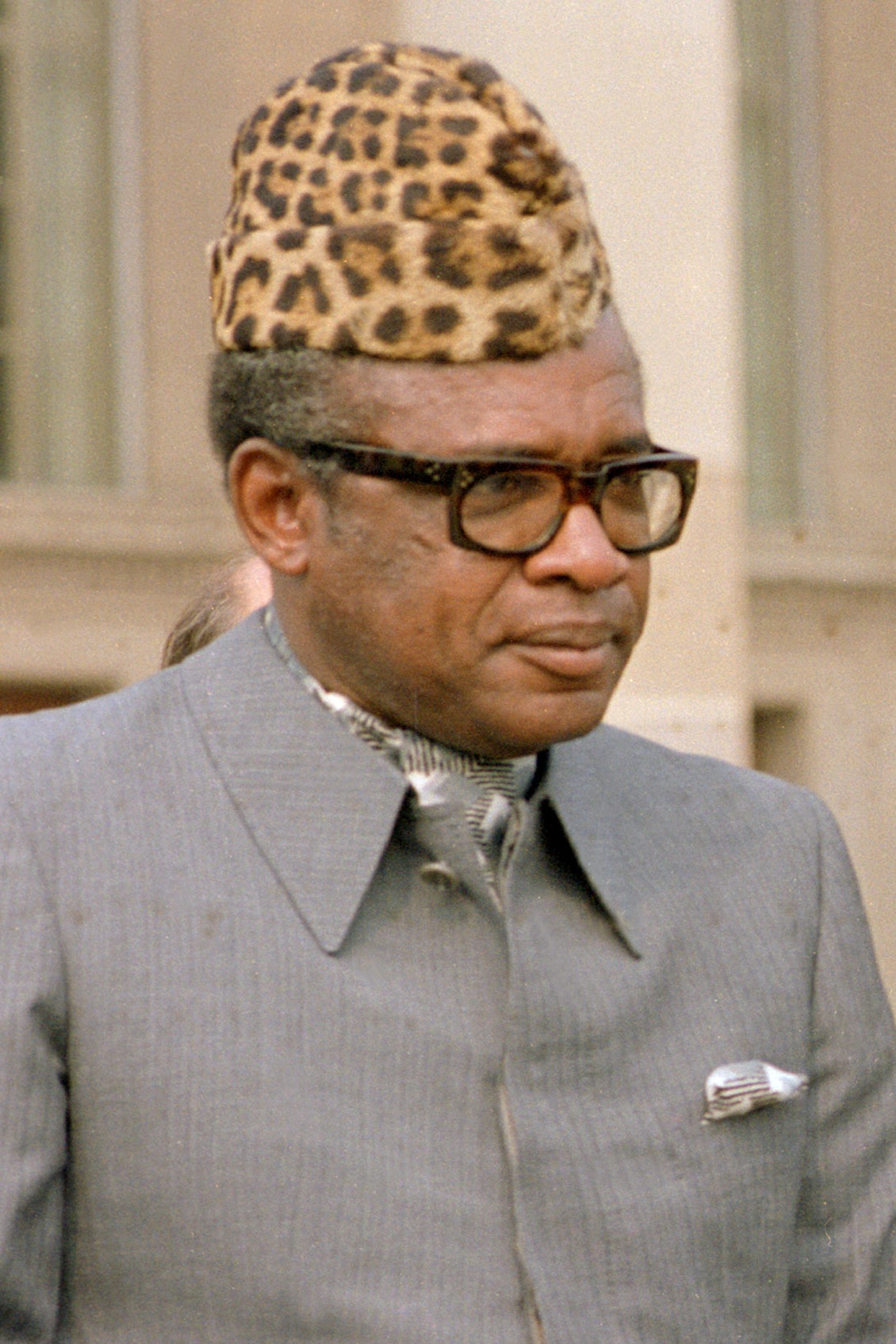
Bene M’Poko, the DRC Ambassador to South Africa, said his country, a vast piece of land mass the size of Western Europe had been dogged by infrastructural and political challenges including post-colonial dictatorship, with emphasis on President Mobutu Sese Seko Kuku Ngbendu Wa Zabanga’s era from 1965 to 1997.
“When people talk about DRC, sometimes they forget the background of where we come from. In 1960, we got our independence and our first Prime Minister Patrice Lumumba was democratically elected. Jeseph Kasavubu, our first president was democratically elected. Lumumba only lasted for a few months and you know what happened to him. He was killed, not by Congolese… After Lumumba was killed, Mobutu [Sese Seko] was imposed upon us as a dictator for 32 years, which means that when Lumumba was killed, our democracy was killed, our democratic process disappeared,” Ambassador M’Poko was quoted as saying by South African media.
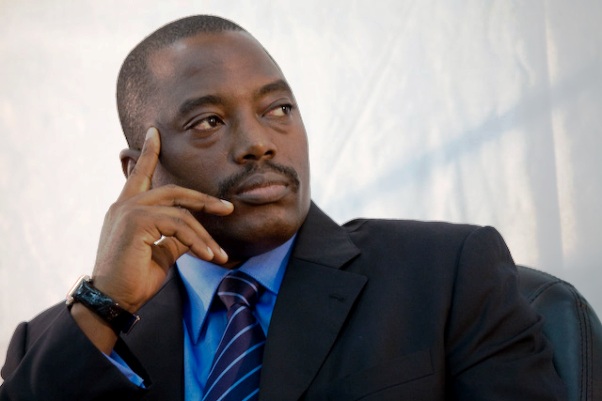
The Ambassador’s remarks come in the wake of the postponement of elections in the DRC following widespread allegations by the opposition that DRC President Joseph Kabange Kabila, wants to extend his rule for another term following the expiry of his mandatory two-five terms in December this year.
As a result, a wave of deadly protests pitting police against demonstrators hit the DRC in late September, as the opposition demanded Kabila’s resignation. However, the country’s electoral commission is considering postponing elections by one year, saying the move is aimed at updating the voters’ register.
Indeed, in the interview with South African media outlet News24, Ambassador M’Poko dismissed the allegations that Kabila was trying to cling on to power, saying the postponement of the elections was meant to ensure that issues relating to voter registration were dealt with.
“President Kabila has never said he wanted [a] third term. He started the democracy in the DRC. He wants to leave DRC in a good frame of a democratic process. That’s all he is concerned [about]. He has never said he wanted a third term in office. Those are allegations by the opposition,” M’Poko said, adding: “It’s only in 2005 when President Joseph Kabila became president [that] he started again the democratic process.”
He said that the country had managed to hold peaceful and democratic elections in 2006 and 2011, but added however, that the planned 2016 elections faced a lot of challenges including the donors reneging on an earlier agreement to partially the fund process.
“Up to now, government has dispersed $180m and the international community $0… If the international community knew that they were not going to fund the process, why did they promise?” Amb M’Poko asked.




